What Is Net Metering?
Strong net metering policies are a critical step on our path towards a local, clean energy future.
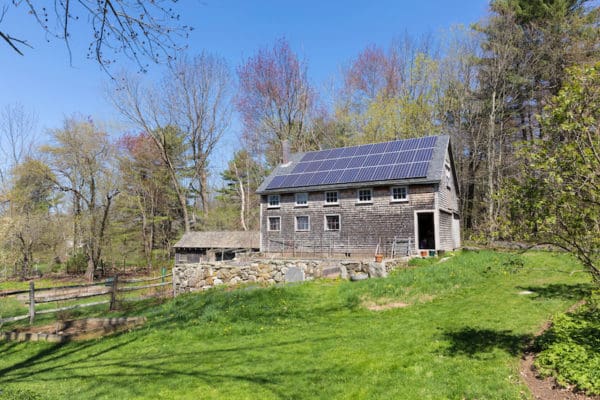
Strong net metering policies are a critical step on our path towards a local, clean energy future.

As the Trump administration continues its attack on our nation’s public lands and waters, it has never been more pressing to highlight the importance of a healthy ocean ecosystem. That is why CLF is heading to Washington, DC next week to participate in Capitol Hill Ocean Week.
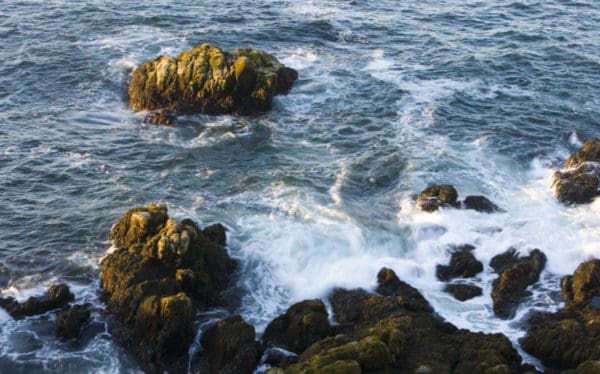
EPA Administrator Scott Pruitt has his sights set on unraveling the Clean Water Act, one of our best tools for protecting our lakes, rivers, and oceans. CLF is working to make sure that the law, which is critical to our work, continues to protect our waters.
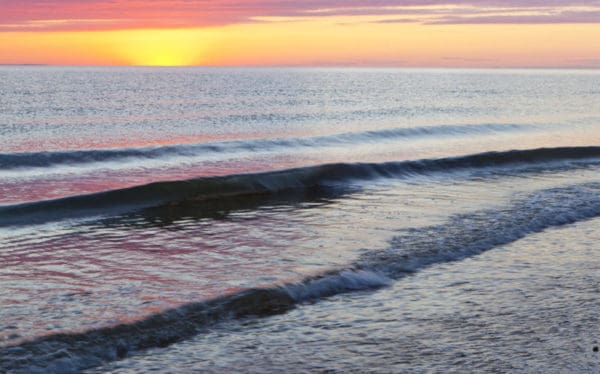
April 21, 2018 was an historic date for the New England power grid: It was the first time that mid-day peak energy demand from the power grid was lower than at the lowest point overnight. The reason for this historic first is the effectiveness of energy efficiency and the combined output of 130,000 small, medium,… Continue reading April 21, 2018: Renewable Energy Makes History in New England

We’re building healthy communities, one neighborhood at a time.

Atlantic herring is the main source of food for larger fish, whales, and seabirds. However, New England fishery managers currently don’t take herring’s key role as a food source into account when determining how many herring fisherman can catch. Now, there’s a chance to improve how New England sets herring catch limits.
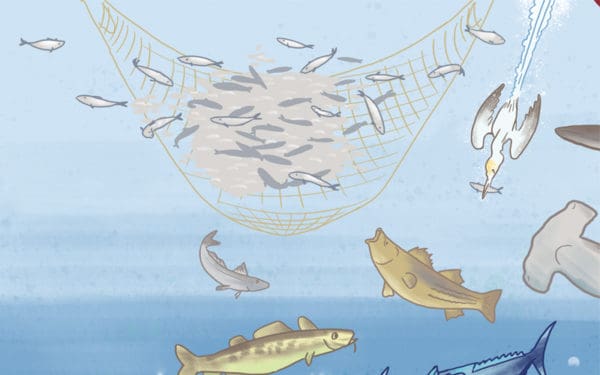
New analysis from the regional grid operator, ISO New England (ISO), confirms what CLF and other experts have been saying for some time: New England doesn’t need expensive natural gas pipelines to keep the lights on and our homes warm even during our harshest winters. In fact, thanks to the growth of clean, renewable energy,… Continue reading Clean Renewable Energy Is the Key to a Resilient Electric Grid in New England

A slew of bills under debate in Congress would endanger our marine life and ocean ecosystems by decimating key conservation protections offered by existing laws. Coupled with harmful actions from the Executive Branch, our ocean faces threats from some in Washington who are more concerned with lining the pockets of a few oil and gas industry executives than with the health of our ocean and coastal communities.
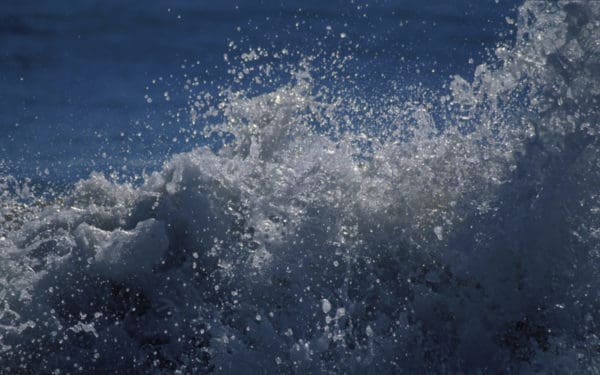
The nonprofits say state water testing data proves Bethlehem’s landfill is illegally putting heavy metals, leachate and a suspected carcinogen called 1,4 dioxane into the Ammonoosuc River.
A pair of conservation groups on Monday sued the owners/operators of a Bethlehem landfill, alleging they violated the Clean Water Act by discharging pollutants, including a “likely human carcinogen” known as 1,4 dioxane, into the Ammonoosuc River without a permit.